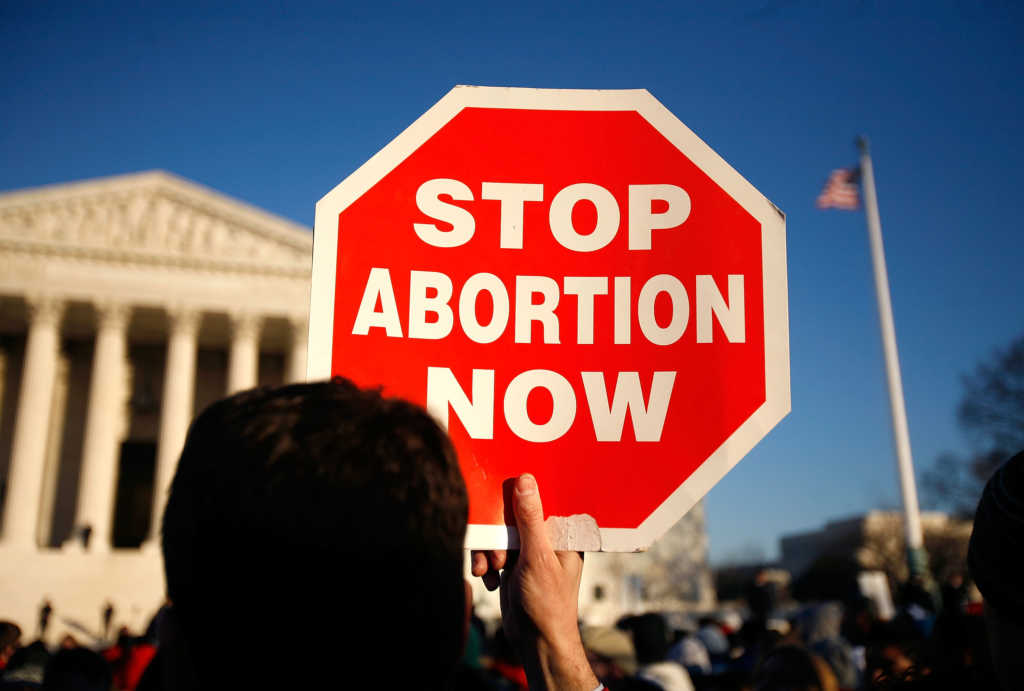One of the most common accusations thrown at men who take a stand against abortion is simply that it doesn’t affect them directly. Since they are male, and will therefore never become pregnant, it surely follows that they are firmly unqualified to comment on such matters, right? But is that really true?
The attempted dismissal of men who stand up for the unborn is a blatant attempt to weaken the resolve of those who see each life as infinitely precious. But one man is taking a stand against such efforts.
“Too many men have let this argument be the kryptonite that keeps them from getting involved in the pro-life movement as equal partners with women,” writes Care Net President Roland C. Warren for the Federalist. “However, when you really consider the underlying principle of this line of thinking, it quickly becomes clear that it may be a good ‘sound bite,’ but it is clearly not ‘sound logic.'”
The “no womb, no say” logic implies that one cannot be involved in any manner of public conversation on a particular issue unless he or she is personally affected by it.
But Warren points out the absurdity of this reasoning by applying it to other policy issues:
Should a woman who is a stay-at-home mom and, therefore, makes no income outside the home, have a say on tax policy? After all, she doesn’t directly pay taxes for an income. Or, should someone who does not own a gun or has never been injured by a gun have a say in what our nation’s gun law should be? Again, a non-gun owner is not going to be directly impacted if the access to guns is limited.
The key question is: why are these issues served up as a matter of unbounded public discourse, while abortion remains off-limits to men? Why is this the exception?
When seeking to better society as a whole, it would be foolish to only consider the opinions of those most directly impacted by the issue, while actively excluding all other voices. As Warren notes, “to do so would be an injustice, especially to those who are vulnerable.”
Whether an issue affects us directly or through the experience of someone else, we must surely seek to give each other a fair hearing — and a place at the debating table.
“The laws that were passed in this nation affected women’s rights to life, liberty and the pursuit of happiness, so it was an injustice to deny them the right to vote,” Warren writes. “Accordingly, when an unborn child is killed in the womb, especially if it is his child, it deeply affects a man. So, doesn’t it make sense for him to have a say, too?”
Daniel Hoffman put it beautifully in his 2016 piece for Desiring God:
“Moral duty is not an arbitrary social construct but based on God’s commands and character, and the judgments we must make based on these have nothing to do with whether we are male or female. … Taking a human life can never be a purely private matter, and there is no good reason to restrict men from taking part in judgment on it.”
As Christians, it is imperative that we look to the word of God for wisdom on these issues. It is important for us to understand the seriousness of issues such as abortion, and to cherish the sanctity of life at all times. The staggering loss of unborn children should surely stir an urgency within us to act, whether we are male or female.



